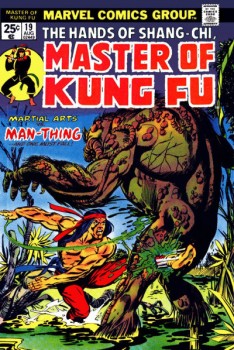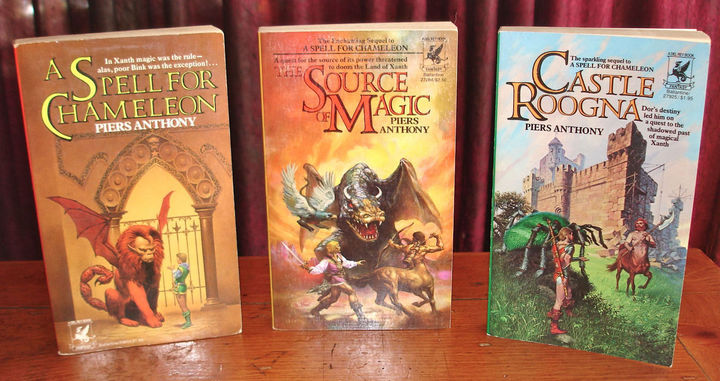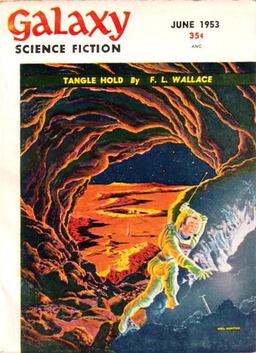Andre Norton: Are Her Men Really Women?
 It’s been my experience that Andre Norton is extremely popular among women of my generation, those who grew up reading SF when there were few women writing, and even fewer female protagonists. When I was looking at Norton’s Witch World last time, I found myself wondering whether this popularity was due to how Norton feminized her male protagonists, making them easier for female readers to relate to.
It’s been my experience that Andre Norton is extremely popular among women of my generation, those who grew up reading SF when there were few women writing, and even fewer female protagonists. When I was looking at Norton’s Witch World last time, I found myself wondering whether this popularity was due to how Norton feminized her male protagonists, making them easier for female readers to relate to.
By feminizing, I mean that Norton gives her male protagonists the same kind of “otherness” that is normally associated with the female. Women have long been defined by how they aren’t men, and similarly Norton’s male protagonists are almost always defined by how they’re not the standard socially/politically accepted norm.
Even the positive qualities they may have are somehow the very things that set them apart, and define them as “other.” These are invariably qualities that the standard norm don’t wish to have, even though they’re demonstrably useful.
In Star Rangers Kartr, although a member of the Patrol, is a second class citizen, as are all of the Ranger class of combatants. In fact, he’s excluded from the class of regular Patrol in a number of ways. Even though he’s human, he’s from a frontier world, and is therefore a “barbarian”; he’s a “sensitive” in that he has certain mental abilities which can include telepathy – and it’s significant that this valuable ability is either distrusted by those who believe in its existence, or simply denied by those who don’t. Lastly, he’s a “bemmy lover”* in that he doesn’t join in excluding his nonhuman comrades from social or political status.


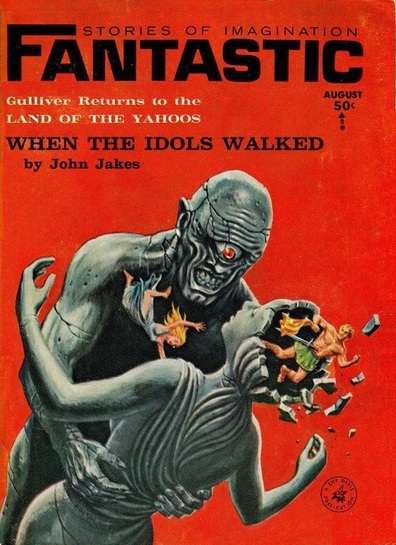
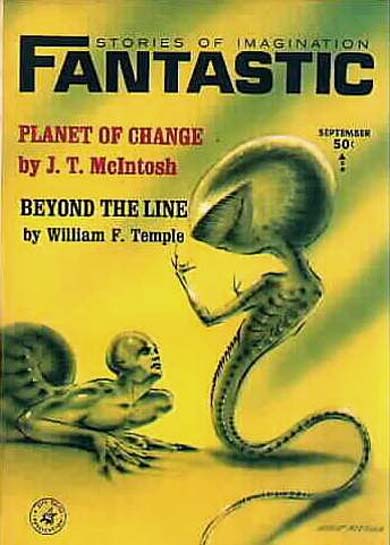





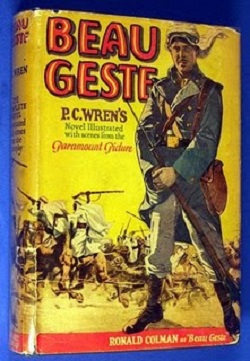 On my last trip to
On my last trip to 